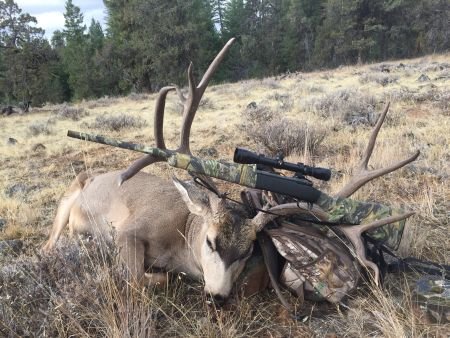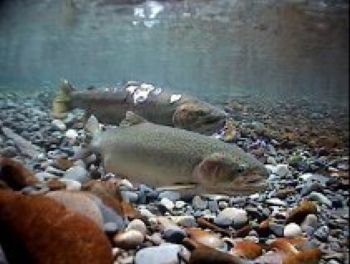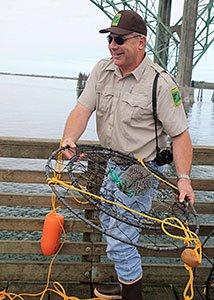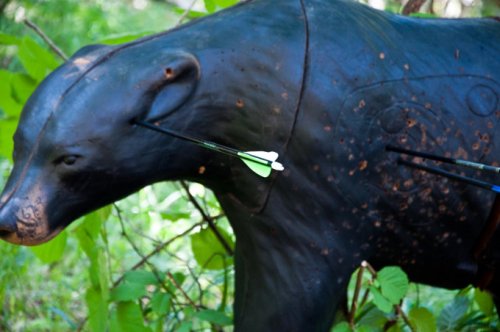Oregon State Legend Paul Valenti Dies Saturday at 94
A Celebration of Life will be held at 1:00 p.m. on Saturday, Oct. 18 at Gill Coliseum.
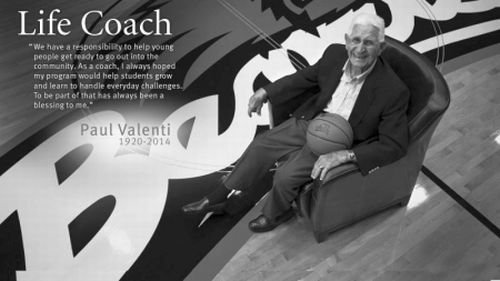
(CORVALLIS, Ore. ) — Paul Valenti, an Oregon State athlete, coach, administrator and goodwill ambassador for more than 70 years, died Saturday of natural causes. He was 94 years of age.
A first-generation American son of Italian immigrants, Valenti grew up in the San Francisco suburb of Mill Valley, where he was a star athlete at Tamalpais High School. He arrived in Corvallis in September 1938 to play basketball for legendary coach Slats Gill after rebuffing recruiting overtures from the University of Oregon.
He never left Corvallis, except for three years of military service in the U.S. Navy during World War II. He learned of the Japanese attack on Pearl Harbor while listening to radio reports with his fraternity brothers, just four days before the 1941-42 season opener against Willamette University.
After being discharged, he returned to Corvallis to fulfill his promise to basketball coach Slats Gill that he would complete his education. Shortly thereafter he joined the athletic department at then-Oregon State College and began a career that would see him faithfully serve his beloved alma mater in a number of capacities over the next seven decades.
"Paul was a loving husband, father, grandfather, veteran, part of the Greatest Generation, student, coach, pioneer, friend, and mentor,” Oregon State Director of Athletics Bob De Carolis said. “Paul was Oregon State and everything that it stands for. We are so fortunate to have had him in our lives and our thoughts are with Fran, his loving wife for almost 70 years, and his family today."
Valenti was a winner from the moment he stepped on campus. As a freshman, he starred for an undefeated “Rook” team (freshmen were not eligible at the time). He joined the varsity in 1939-40 and helped lead the Beavers to the 1940 and 1942 Northern Division championships.
After serving in the Pacific Theatre during World War II, Valenti returned to Corvallis in 1946 to coach freshman baseball in the spring and to assist Gill with the basketball team in the winter.
He was an assistant coach for 18 years before being promoted to head coach for the 1964-65 season when Gill moved up to athletic director. Valenti was 91-82 in six years before retiring from coaching prior to the 1970-71 season.
“Well, in a way, it was a relief,” Valenti said of his retirement in a 2010 interview with reporter Kip Carlson of the Oregon Stater.
“The pressure. Following Slats. You know, that was always in the back of my mind, too – the way he would have done it and Oregon State’s basketball, the reputation it had. It wasn’t easy.”
The highlight of Valenti’s coaching tenure came in 1966. The Beavers captured the Athletic Association of Western Universities (the precursor to the Pac-8) championship, ending UCLA’s stranglehold on first place. It was only time from 1961-62 to 1978-79 that UCLA didn’t win a title while playing in the same conference as OSU.
The Beavers were 12-2 in conference and 21-7 overall. They stunned superstar Elvin Hayes and Houston 63-60 in the first round of the NCAA tournament before losing 70-64 to Utah in the West Region finals.
Valenti was named the West Coast Coach of the Year by the United Press International.
“We were very disciplined and we probably spent more time working on defense than on offense,” recalled Ed Fredenburg, the team’s starting center. “We didn’t have any individual superstars that we could rely on, so we knew that we just had to work together and get the job done.”
Valenti signed and coached Oregon State’s first black scholarship player, Charlie White, a transfer from Monterey (Calif.) Junior College. They remained close friends for the remainder of Valenti’s life.
His legacy will live on in the basketball program. The Paul Valenti Award is given annually to the player who exhibits the greatest desire and determination.
OSU letterman, assistant coach and head coach Jimmy Anderson succeeded Valenti as the Rook coach when Valenti was promoted to a varsity assistant. He then was his full-time assistant for Valenti’s entire head-coaching tenure.
“He was a great coach,” Anderson said. “Slats was very demanding so Paul had to knuckle down and be involved in making sure the kids got their grades and went to classes; he helped in whatever Slats wanted him to do,” in an era when support staffs were far, far smaller than today.
“Paul was very serious-minded when it came to coaching. He taught me the ropes of being an assistant coach. For three years we shared an office, and I sat across from him every day.
“Paul expected a lot of you. At that time, head coaches didn’t do much scouting or recruiting. He was busy here in Corvallis so I had to jump around doing a lot of different roles.”
Their relationship evolved and became far more personal after Valenti retired from coaching basketball and wasn’t Anderson’s boss.
“We played tennis, racquetball and golf together,” Anderson said. “Any teams that came in we’d take on their coaches in 2-on-2 or 3-on-3 … we hung around together as friends rather than just a coach-coach relationship.
“Paul was very, very competitive, a good family man, a good friend. When he took on a relationship, he did a good job of nurturing them and being a good friend to you.”
Alum Bill Harper, a member of the 1949 Final Four team and an assistant coach under Gill and Valenti, remembered him as a tough but fair taskmaster. Harper played for Valenti on the 1947-48 Rook team.
“I thought, ‘Geez, I’m going to get the hell back in the service – it’s easier than playing for Paul Valenti,’” he recalled. “He was fair in everything, but he was tough.
“He wanted you to do the things he expected you to do, and what you were supposed to do. But it was great; I enjoyed playing for him very much.”
Besides going to the Final Four, the Beavers also celebrated another milestone in 1949: The opening of Gill Coliseum, at that time the finest basketball arena on the West Coast. The Beavers played their first game there on Dec. 16, 1949.
“Old Slats, we used to walk down here every day and see how they were coming,” during construction, said Valenti, who played in the old Men’s Gym on the third floor of Langton Hall.
“It’s still a wonderful place to play basketball, boy – a great atmosphere for basketball in my estimation.”
Retiring as basketball coach did not mean retiring from coaching. In addition to his administrative duties, Valenti directed the men’s tennis program from 1971 until the sport was discontinued in 1975.
He also oversaw the athletic department’s summer jobs program and helped arrange other athletic department events, even after his official retirement.
Valenti was inducted into the Oregon State Sports Hall of Fame; the State of Oregon Sports Hall of Fame, and the Pacific-12 Conference Hall of Honor.
Valenti met his future wife, Fran, on a blind date to a Christmas party in San Francisco while on leave from the Navy. They were married in 1946 and raised their two daughters, Jo Ann and Victoria, in his adopted hometown of Corvallis. They survive him.
“Corvallis has been a great place to raise a family, and Oregon State University is a great place to work,” Valenti said. “It gave me an opportunity that I could have had at other places, but I chose this place and that was the best choice I ever made.”
A Celebration of Life will be held at 1:00 p.m. on Saturday, Oct. 18 at Gill Coliseum. People are encouraged to email their memories and stories about Paul Valenti to valenti.memories@oregonstate.edu.
Source: Oregon State Athletics
